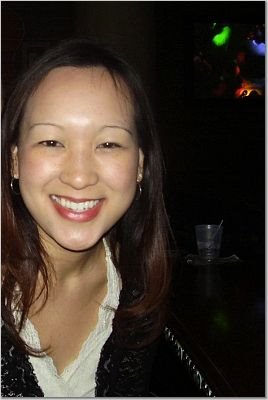Fortunate misgivings
The last 98 hours have essentially been a blur of flights, business suits, and research conferences, all blended into a mosaic montage, a precursor to what will be my career here at the Academy. With two more trips back to D.C. in the next three weeks, I can hardly be remiss that I only made it out into the open air of the state twice, once for a business dinner.
The second was, for lack of a better word, unanticipated. But maybe more descriptive words would be a mingling of the words captivating, traumatic, enlightening, and maybe even life-altering.
The entire impetus of the conference was to bridge the gaps in the triad of military, civilian orthopaedic surgeons, and government legislation, within the expansive realm of extremity war injuries. And while as normal for any other research symposium I’ve attended, it would have been standard to sit through 8 hours of presentations a day. However, it was important and moreover monumental that we see firsthand what war-induced injuries actually entailed, and the real flesh and blood people who were the subject of study. And so, with a corral of a combined 100 surgeons and academy staff, we were transported to the Walter Reed Army Medical Center for a private tour of their amputee wing of the hospital.
What I saw there has, and will, profoundly change my life.
There were both men and women there who had lost one, two, three, or all of their limbs, in addition to sustaining numerous psychological as well as physical injury during their time abroad. They were all in numerous stages of recovery and being fit for prostheses. But, what struck me the most was not the caliber of wounds, but the undeniable and unquenchable attitude of defiance and determination to not only recuperate to a functional state, but to full health and ability.
We spoke to one patient in particular in the rehabilitation center who had had his leg amputated one year prior to that day. He very stubbornly stated with no trace of hesitation that if given the choice between a million dollars and the re-use of his lost limb, he would certainly choose the leg. However, given the lack of that option, he was determined to perform all the activities he once had. He avowed very simply, “there are no limitations, only those that I set for myself”.
When the tears welled up in my eyes, I felt ashamed for feeling a sense of sympathy that he himself did not. But looking around the room, I saw that there were many somber, wet eyes, many belonging to grown men of whom see both injury and tragedy on a daily basis.
To say the very least the experience was sobering, inducing such a sense of humility that I can’t attempt to describe. I’ve thought I have felt physical pain before, and even possessing strength and capability, but all this pales in comparison to the circumstance and bravery of these men and women, these true heroes.

